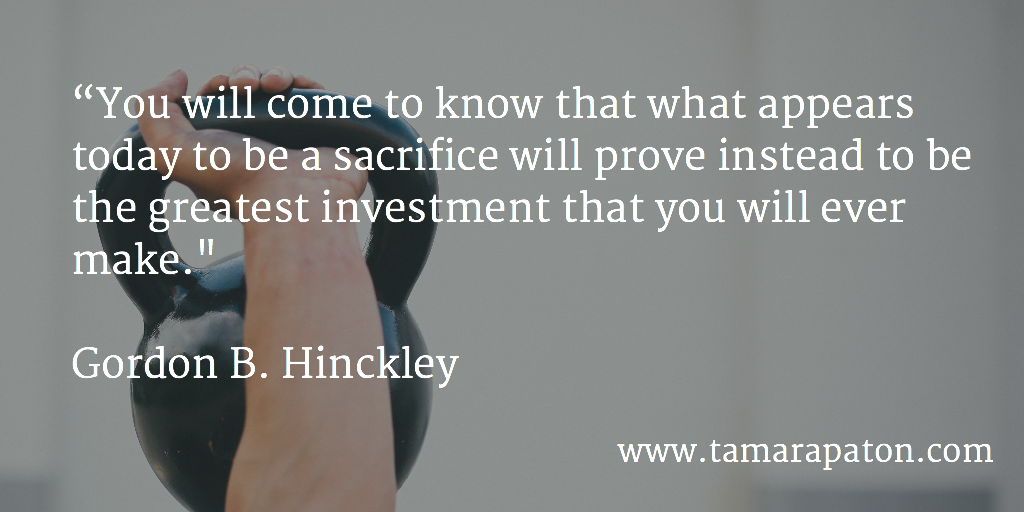

In the context of your board career, how do you make your goal known? Who knows about your desire to serve? Have you spoken of your dream board appointment? The one that motivates your work, study and network-building efforts today?
Do you even know what that board is? Have you written it down and said it out loud?
Two of my recent conversations illustrated the power of doing just that. In the first, a mentor and former colleague asked if I still aspired to join the board of TD Bank. I had said as much years ago and he remembered (better than I did, as it turns out). My stating that objective, long before I had earned the right to, positively anchored his perception of my prospects.
Another mentor asked me recently to identify a board I would like to join in, say, five years. I instinctively eased the pressure by speaking of a long-term aspiration. Before I had finished my sentence, I wondered why I was couching the goal as something I would like to do in 15 or 20 years.
Research suggests that my behavior is self-limiting and potentially destructive. Leading psychologists have observed an 11 to 25 percent lift in performance and productivity after setting goals.
University of Toronto psychologist Gary Latham asks us to do more than set just any goal. He points to the value of aiming high:
“We found that if you want the largest increase in motivation and productivity, then big goals lead to the best outcomes. Big goals significantly outperform small goals, medium-sized goals, and vague goals.”
Forbes contributor Steven Kotler credited “high, hard goals” with focusing attention and encouraging persistence. They appear to make us more effective in our work and more willing to reapply ourselves when we fail.
Gaining opportunities to serve on boards is challenging. You wouldn’t be reading this post if you thought doing so was easy. The ambition can feel intimidating, but it is a feeling that we must overcome. How, then, do we put the wisdom of high, hard goal-setting to work? And how do we make our goal known?
Reframe the tenure of your board career
At the onset of our board career, you may lack the track record that validates the big ambition. Just as the newbie jogger shrugs off suggestions of a marathon, you may play it safe. If you view your board career in the context of your entire professional background, however, the big goal feels more reasonable.
Consider an example. Entrepreneur Michele Romanow recently joined the board of Whistler Blackcomb. As her first corporate board appointment, this could represent a surprising leap from her previous oversight of non-profits. When viewed in the context of her start-up career, however, the move makes perfect sense. I’m willing to bet that Michele has a clear view of where she is heading in the next five and ten years.
Set a goal that aligns with your most easily identified strengths
Your interests may point you in a direction that differs from the one suggested by your CV. If you state a goal that you’ve chosen purely because it feels bold, it will sound hollow to others and won’t guide your near-term moves. Instead, ensure that an onlooker can connect the dots between today and your victory party.
Perhaps you dream of serving on the board of a big bank. Does that target make sense for where you are today? Or would your digital technology background align more directly with the board of a fintech player? Although PayPal’s market cap exceeds that of Bank of Montreal, for example, it represents a more achievable goal for an aspiring director with technology chops.
Share your goal selectively
In his 2010 TED talk, Derek Sivers warns against telling people about your goals. He points to research that illustrates our brains’ inability to separate acknowledgment received for merely having a goal and congratulations earned through actual accomplishment. If we need to talk about a goal, Sivers encourages us to speak about the goal in terms of the hard work that we still need to do to accomplish it.
It is not helpful to tell everyone at a professional networking function about your dream board. It can even be damaging to share the aspiration with your current board colleagues. After all, no one wants to feel like a stepping stone.
Instead, share your goal with a small group. This personal “board of advisors” can help draw your thinking to the long term and make introductions to those related to your big goal. They can hold you accountable and remind you – just as my former colleague did for me – of what you once felt was important.
If you haven’t made your list of dream board opportunities, I encourage you to do so now. Share it selectively. Reflect on how you are already positioned to serve that board today and how you can prepare in the coming years. Before long, that “one day, someday” story may well be cause for celebration.
Question: How does goal-setting fuel your board career? And how frequently do you revisit your goals? I would love to hear your thoughts via Twitter.









